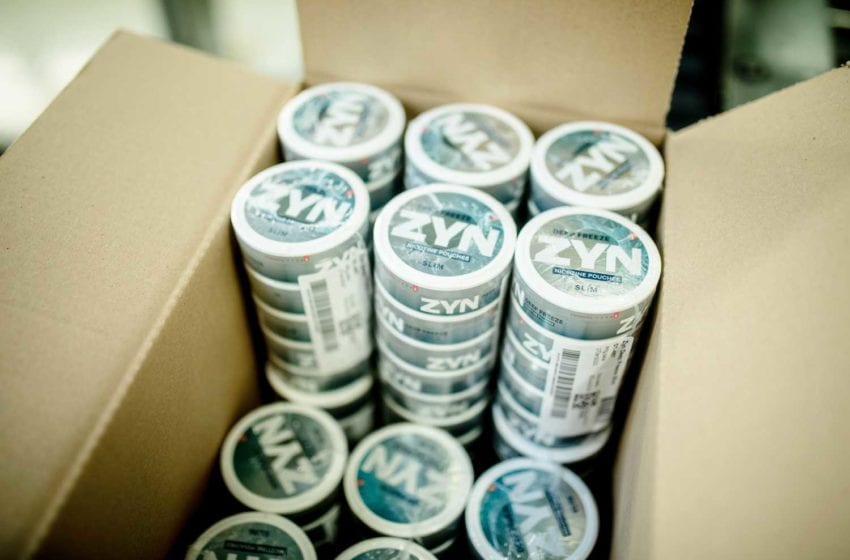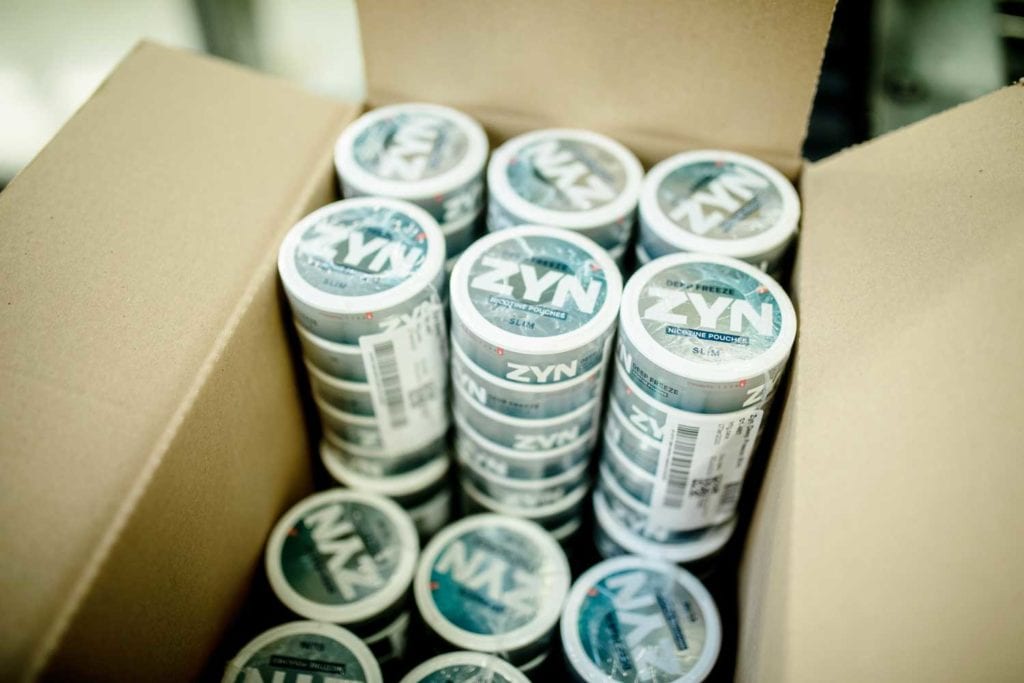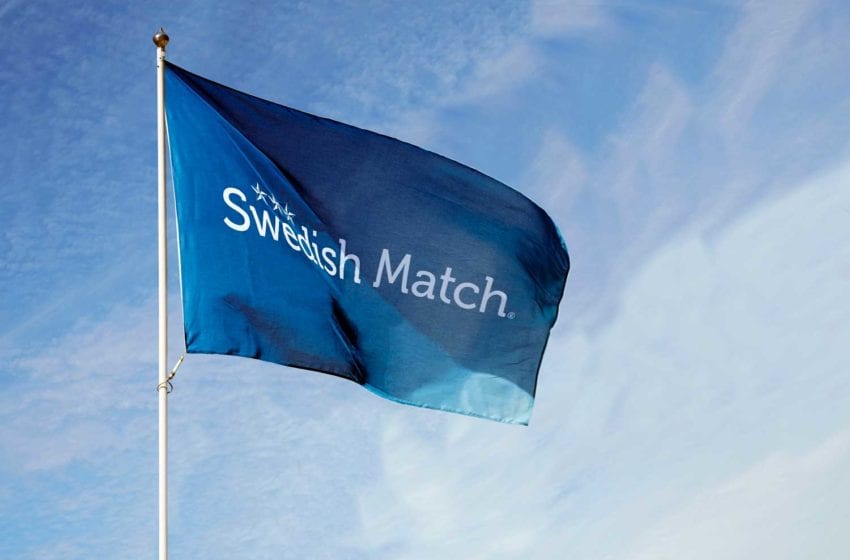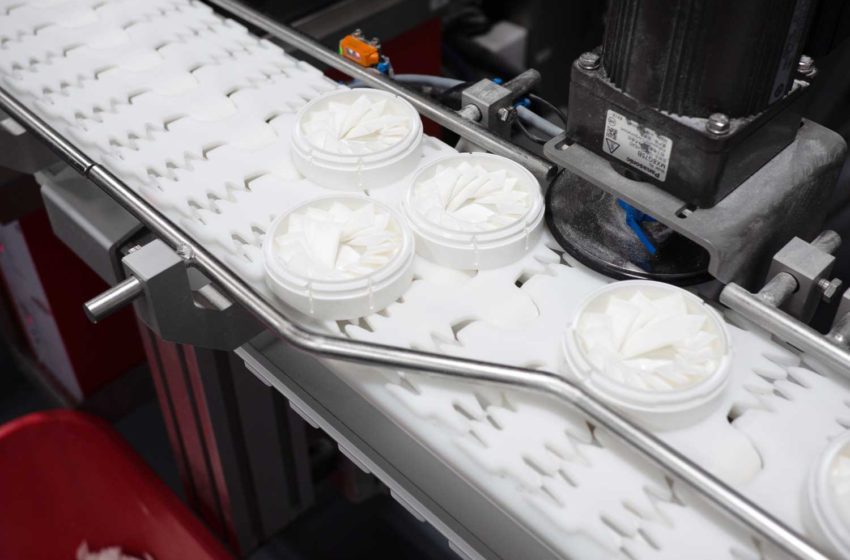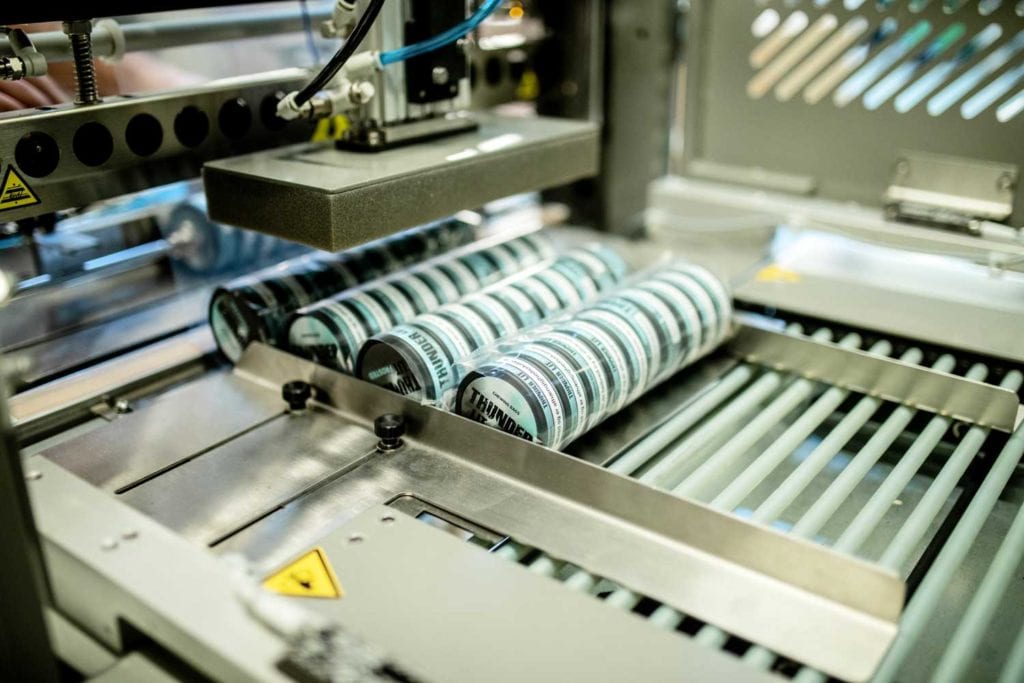Participants in Swedish Match’s annual general meeting on April 13 resolved, in accordance with a proposal of the Board of Directors, to pay a dividend of SEK15 ($1.76) per share.
Charles A. Blixt, Andrew Cripps, Jacqueline Hoogerbrugge, Conny Karlsson, Alexander Lacik, Pauline Lindwall, Wenche Rolfsen and Joakim Westh were re-elected as members of Swedish Match’s board of directors. Karlsson was re-elected as chairman of the board and Cripps was re-elected as deputy chairman of the board.
The annual general meeting further approved the proposed remuneration to the members of the board of directors as set out in the notice. The annual general meeting also adopted the board of directors’ remuneration report for 2020.
Furthermore, the annual general meeting approved the board of directors’ proposal that it be authorized to resolve on acquisition of the company’s own shares, on one or several occasions prior to the next annual general meeting, provided the company’s holding does not at any time exceed 10 percent of all shares in the company.
In addition, the annual general meeting resolved to reduce the company’s share capital by SEK10,086,095.88 by means of withdrawal of 4,200,000 previously repurchased shares held in treasury, with a simultaneous bonus issue, without issuing any new shares, of a corresponding amount to restore the share capital.
Furthermore, the annual general meeting approved the board of directors’ proposal that it be authorized to, for the period until the end of the next annual general meeting, to issue new ordinary shares on one or more occasions, with or without deviation from shareholders’ preferential rights and against payment in cash, in kind or by set-off. The number of shares that may be issued may not exceed a maximum dilution effect of 10 percent of the share capital and votes at the time of the annual general meeting 2021.
The annual general meeting elected Deloitte as auditor until the end of the annual general meeting 2022.
The annual general meeting resolved, as proposed by the board of directors, to amend the articles of association, primarily as regards the stipulation on minimum and maximum number of shares and share capital due to the proposed share split but also by introducing the possibility of postal voting to facilitate and increase flexibility in the conduct of general meetings.
The annual general meeting resolved, as proposed by the board of directors, to split the share of the company, whereby each existing share shall be split into 10 shares of the same class of shares (10:1 share split). The board of directors was mandated to decide on the record date for the share split, which is estimated to be May 10, 2021.



